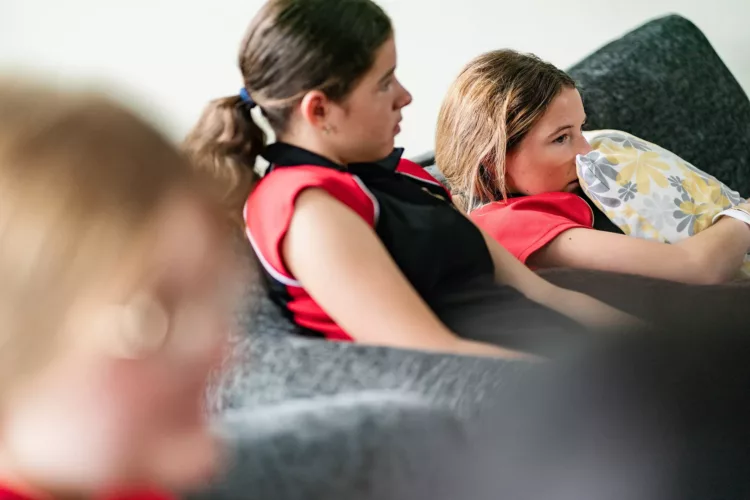
Academic


ACADEMIC EXCELLENCE
We set high academic standards, because we believe in your capabilities – so prepare to be stretched.
With small class sizes (roughly 8-16 students), our enthusiastic, energetic and well-qualified specialist teachers are dedicated to promoting excellence within their subjects.
We place an emphasis on independent learning, alongside providing close support for each and every pupil. This independence is developed by tutors in class and complemented by the Advanced Electives programme.

“This is a school that gradually – and with ‘a deliberate strategy’ – has lifted its academic game.”
Moving beyond the boundaries of the prescribed A-Level syllabus, there’s a significant programme of academic activities outside the classroom to bring greater breadth and depth to each topic.
We’ll encourage you to complete an extend project to increase enjoyment of your subject and to enhance your university application.
There’s an additional programme of academic activities to fuel your ambitions, with departmental societies, speakers and events catering for every interest and enthusiasm.
Of course, you’ll be allocated your own tutor to guide and support you through these two challenging and rewarding years of study. Tutors also act as academic advisors and will help with UCAs applications, career guidance and all pastoral and academic matter.
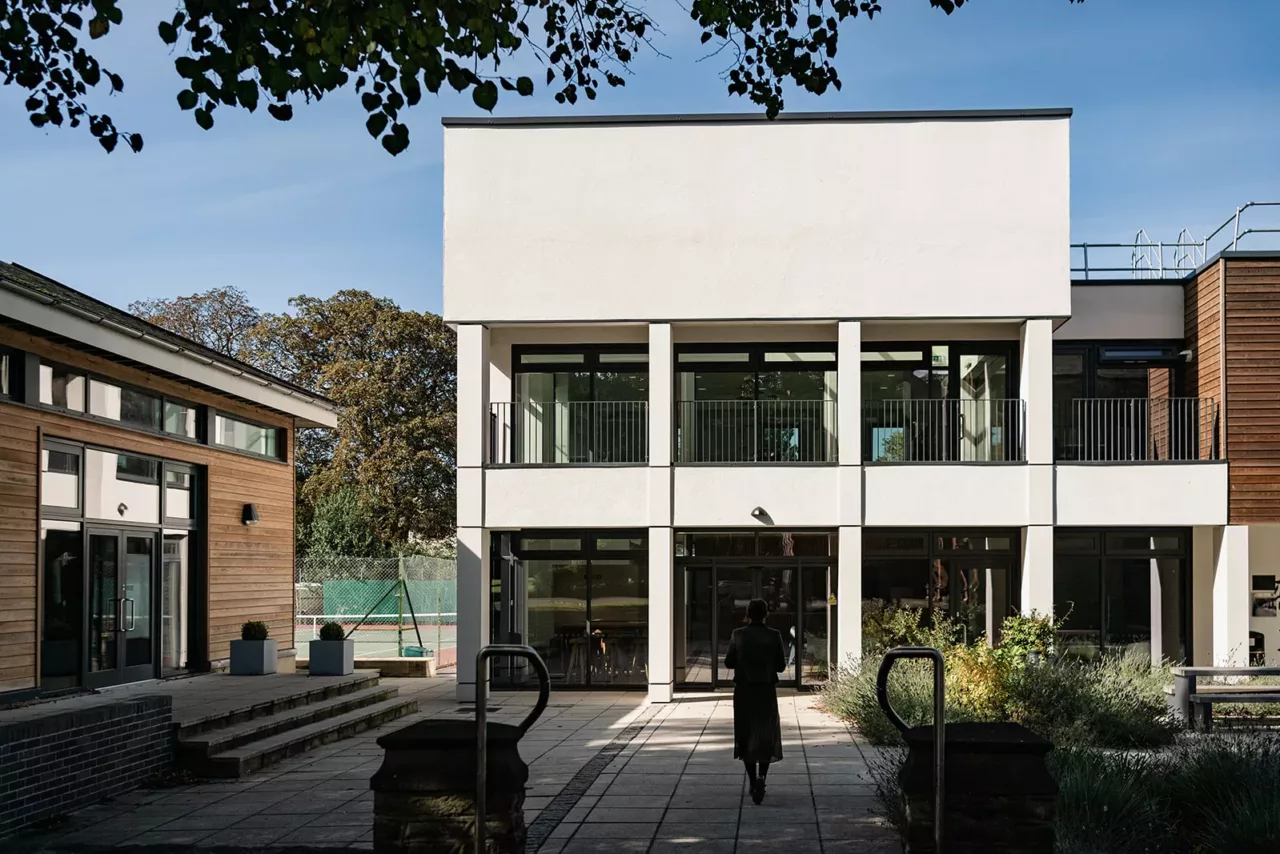
Highlights
Our A Level results demonstrate sustained success over the last six years.
ACADEMIC SUBJECTS
 Art & Design
Art & Design


 Biology
Biology


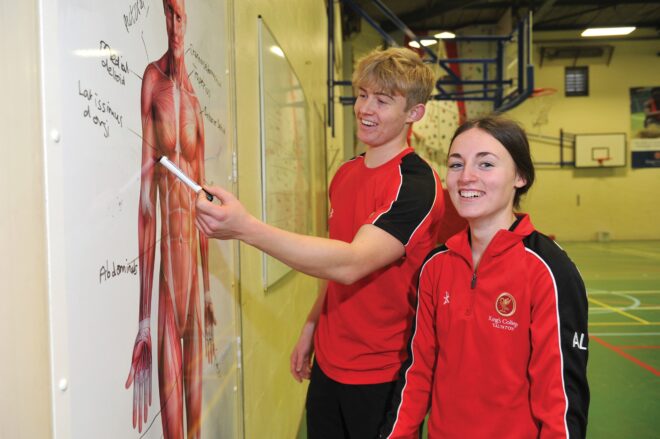 BTEC Sport
BTEC Sport


 BTEC Business Studies
BTEC Business Studies


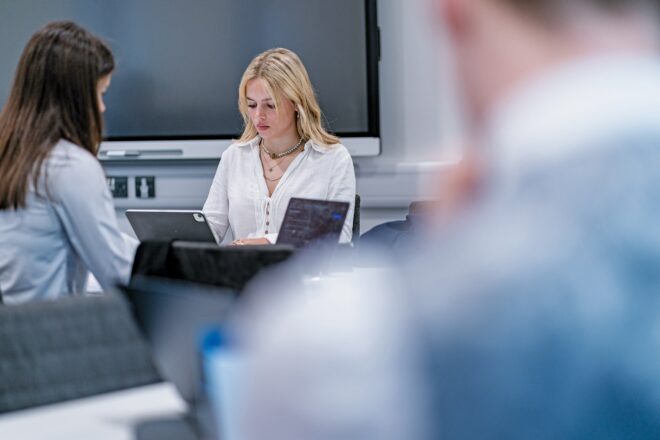 Business Studies
Business Studies


 Chemistry
Chemistry


 Computer Science
Computer Science


 Design Technology
Design Technology


 Drama and Theatre Studies
Drama and Theatre Studies


 Economics
Economics


 English Literature
English Literature


 Geography
Geography


 History
History


 Latin
Latin


 Mathematics and Further Maths
Mathematics and Further Maths


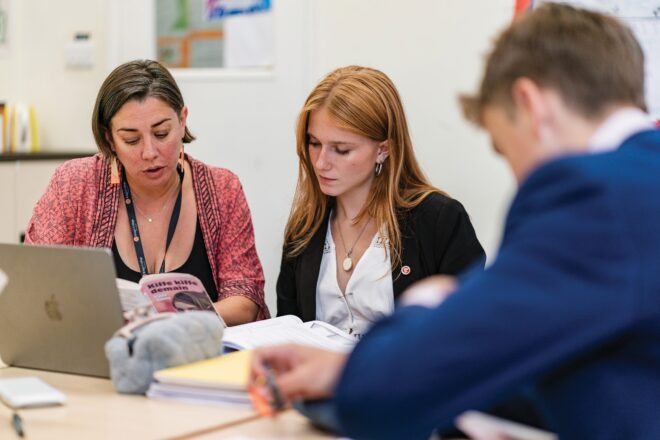 Modern Foreign Languages
Modern Foreign Languages


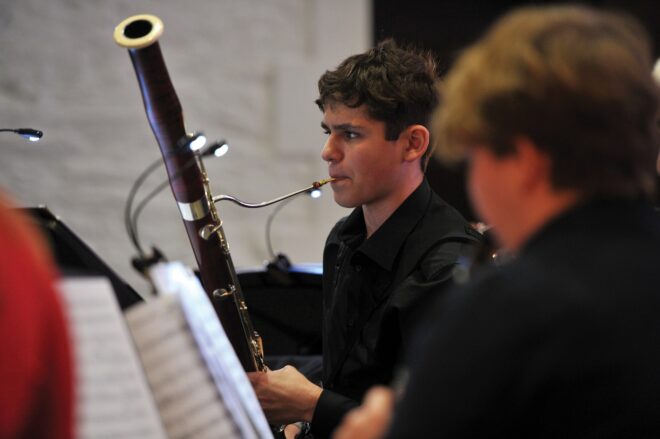 Music
Music


 Philosophy of Religion and Ethics
Philosophy of Religion and Ethics


 PSHE
PSHE


 Psychology
Psychology


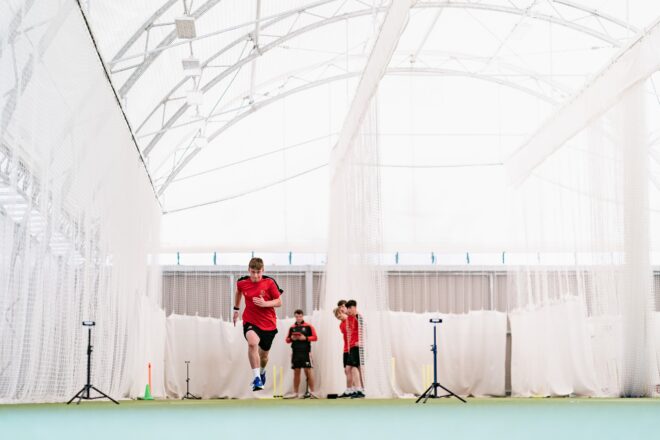 Physical Education
Physical Education


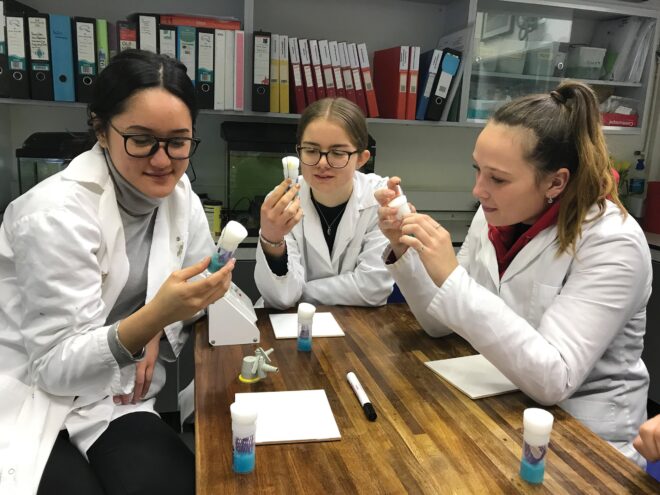 Physics
Physics


